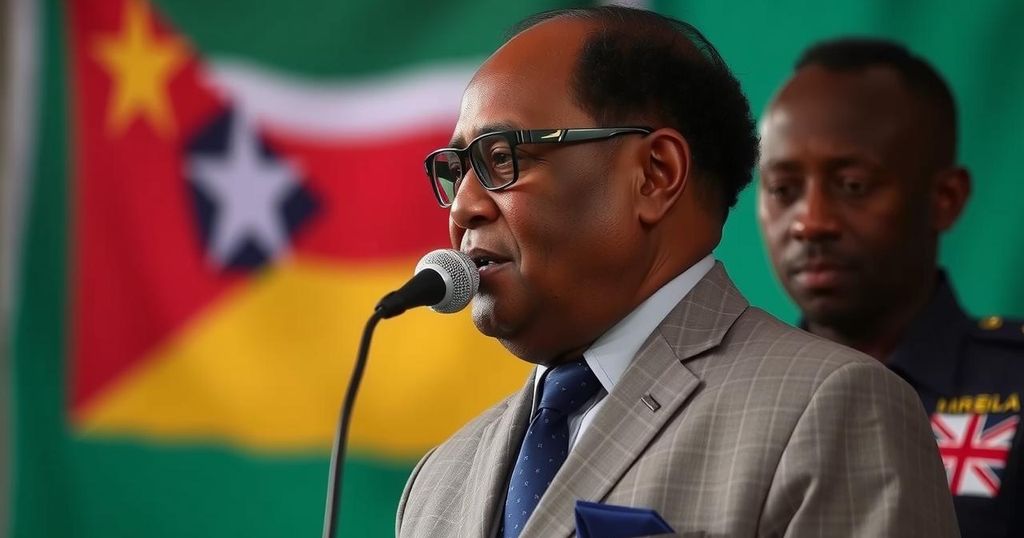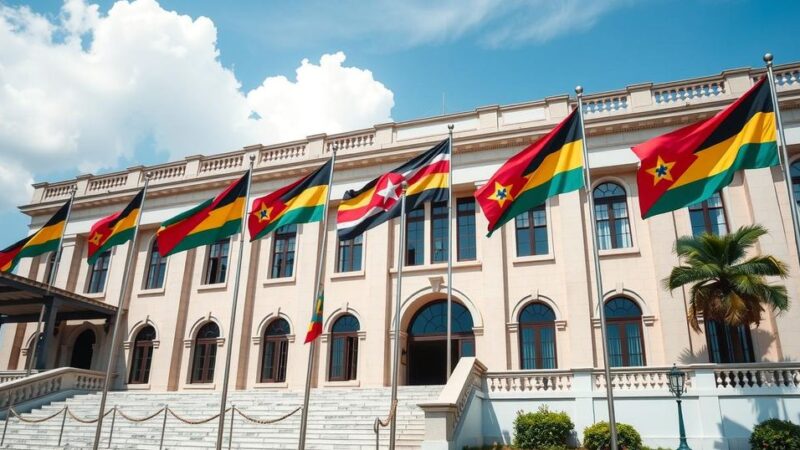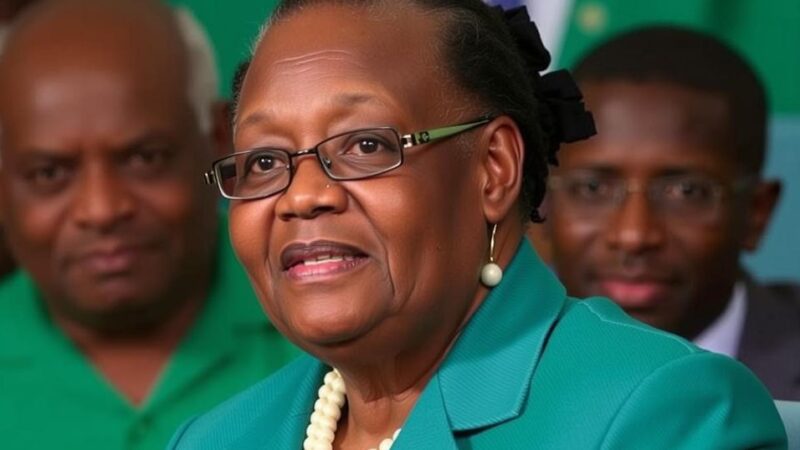Mozambique’s highest court upheld the results of a contested presidential election, enabling Frelimo candidate Daniel Chapo to assume the presidency amid protests that claimed over 100 lives. Allegations of electoral misconduct persist, with the opposition vowing to challenge the outcome. This ruling occurs against a backdrop of economic strife and climate disasters impacting the nation.
On Monday, Mozambique’s Supreme Court confirmed the results of a controversial presidential election, allowing Daniel Chapo of the long-ruling Frelimo party to assume the presidency next month. The ruling comes in the wake of numerous protests across the nation, which have resulted in over 100 fatalities. The election outcome, despite widespread allegations of electoral misconduct, underscores the ongoing political tensions within the country, as opposition leader Venâncio Mondlane has called for resistance against what he perceives as the illicit retention of power by the Frelimo party. Independent observers, including the European Union, reported observing several irregularities, such as unjustified alterations of election results, raising concerns regarding the legitimacy of the electoral process.
Mozambique has been governed by the Frelimo party since gaining independence from Portugal in 1975, and it has faced significant challenges in recent years, including economic hardship and climate-related disasters. The nation has been grappling with the aftermath of Cyclone Chido, which recently resulted in considerable casualties and disruption in the northern regions. Additionally, the country is engaged in an ongoing battle against an insurgency reportedly linked to Islamic State, further complicating its political and economic landscape as it seeks to manage its response to these challenges. The recent elections have served as a focal point for discontent among citizens, particularly in the face of alleged electoral fraud and the perceived impunity of the ruling party.
The Supreme Court’s approval of the disputed presidential election results has significant implications for Mozambique’s political stability. While Frelimo seeks to consolidate power, the opposition continues to challenge the legitimacy of the election. The resultant unrest underscores the urgent need for addressing the systemic issues that have led to public disillusionment with the electoral process. As the country navigates its economic and social challenges, the ongoing conflict and political narratives may profoundly impact its future trajectory.
Original Source: www.nytimes.com







